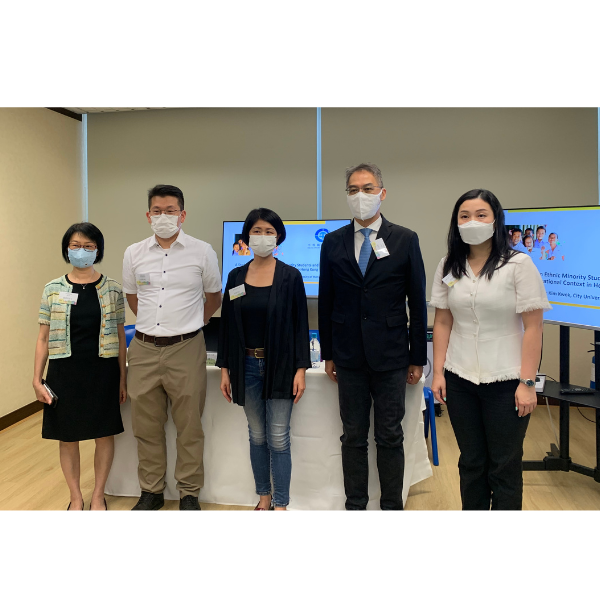
Stronger support needed for non-Chinese students with special educational needs, study shows
South Asian students with special educational needs face more institutional barriers than their Chinese counterparts in accessing relevant support and services in Hong Kong, according to a study conducted in 2021-22 by Caritas Institute of Higher Education and funded by the EOC.
Consisting of in-depth interviews with 15 South Asian families with children with special educational needs, as well as seven informants working in the education and social service sectors, the study aimed to enhance understanding of the challenges encountered by these children and their families, and make recommendations for creating a more supportive and inclusive environment.
Many of the hurdles identified were language barriers. In most of the training and therapy provided by hospitals, subsidised schools and NGOs, Cantonese is used as the medium of instruction. While services conducted in English are available at private training centres, they are often unaffordable for the respondents in the study.
Furthermore, owing to a lack of relevant expertise and assessment tools in the appropriate language, assessment of the educational needs of non-Chinese-speaking students might be delayed or inaccurate at times.
It was also pointed out that there is currently no Government-subsidised special school in Hong Kong that uses English as the medium of instruction, while private centres charge expensive fees for training in English. This may put non-ethnic Chinese students from less well-off families at a disadvantage.
The study recommended that there could be more concerted efforts by the Education Bureau, the Social Welfare Department, the Hospital Authority and NGOs to promote a broader use of English in subsidised special educational training. Additionally, financial support could be extended to disadvantaged families whose children would benefit from private services offered in English. Cultural sensitivity training targeted at professionals working with children with special educational needs would also help to build a more inclusive system, free from microaggressions.
Click the links below to learn more about other findings and recommendations.

